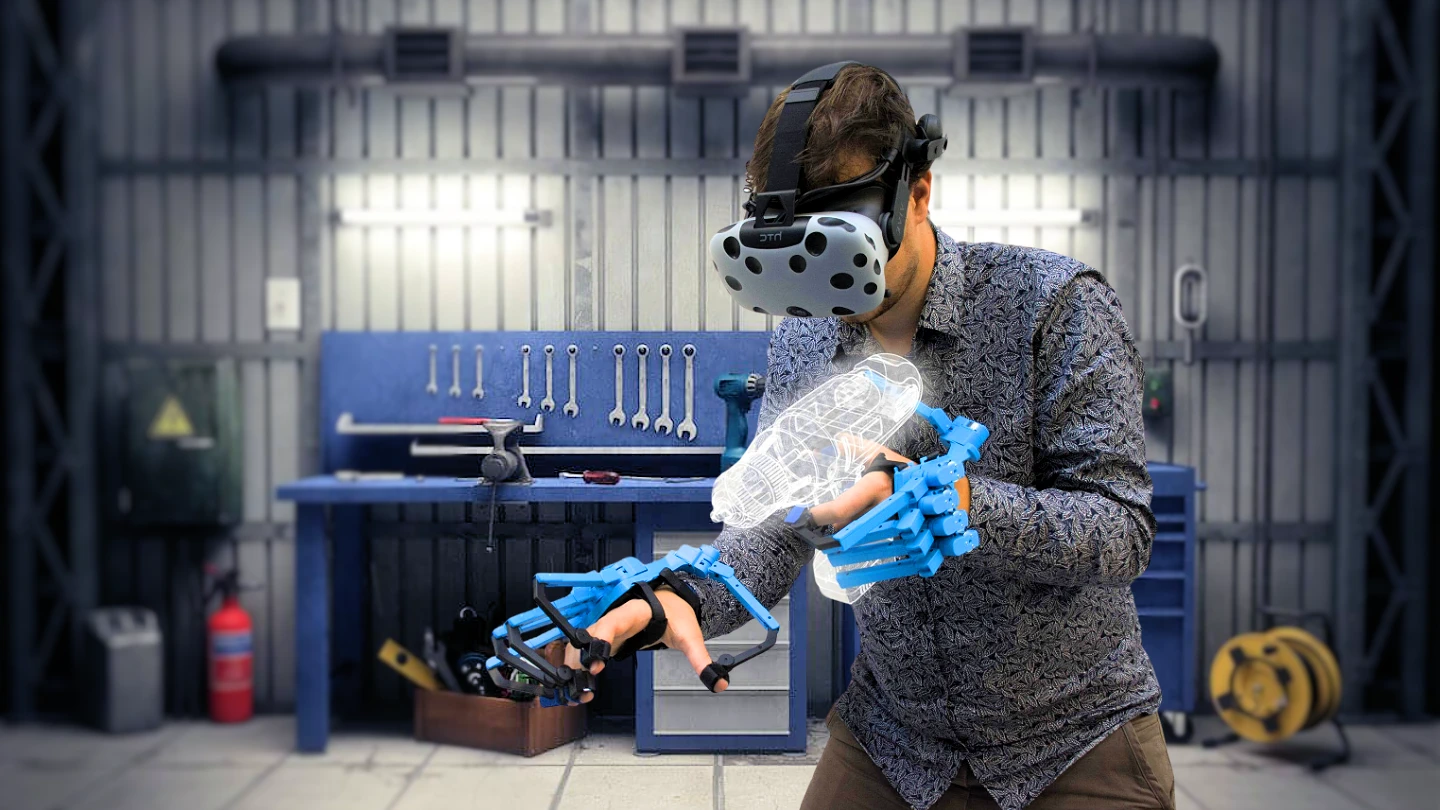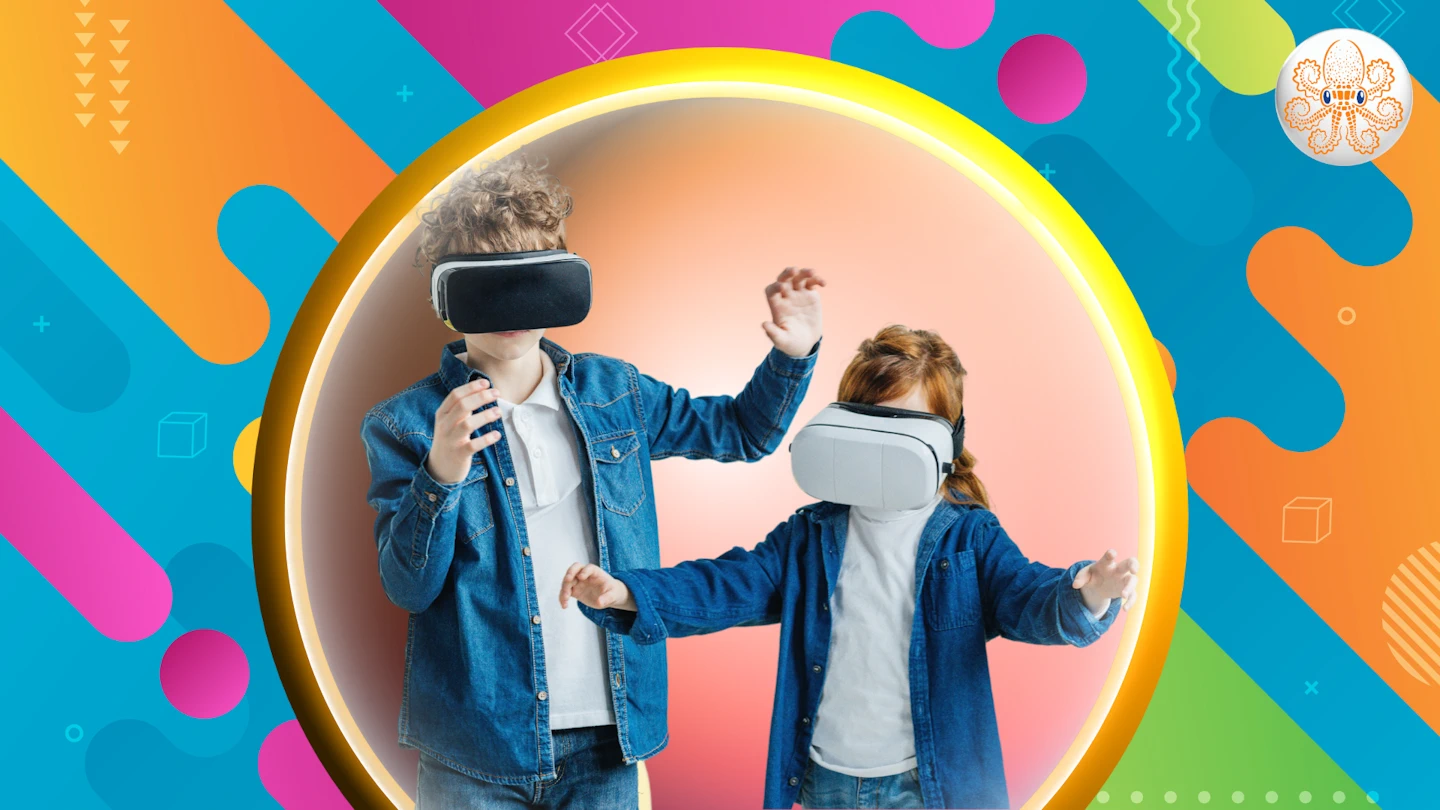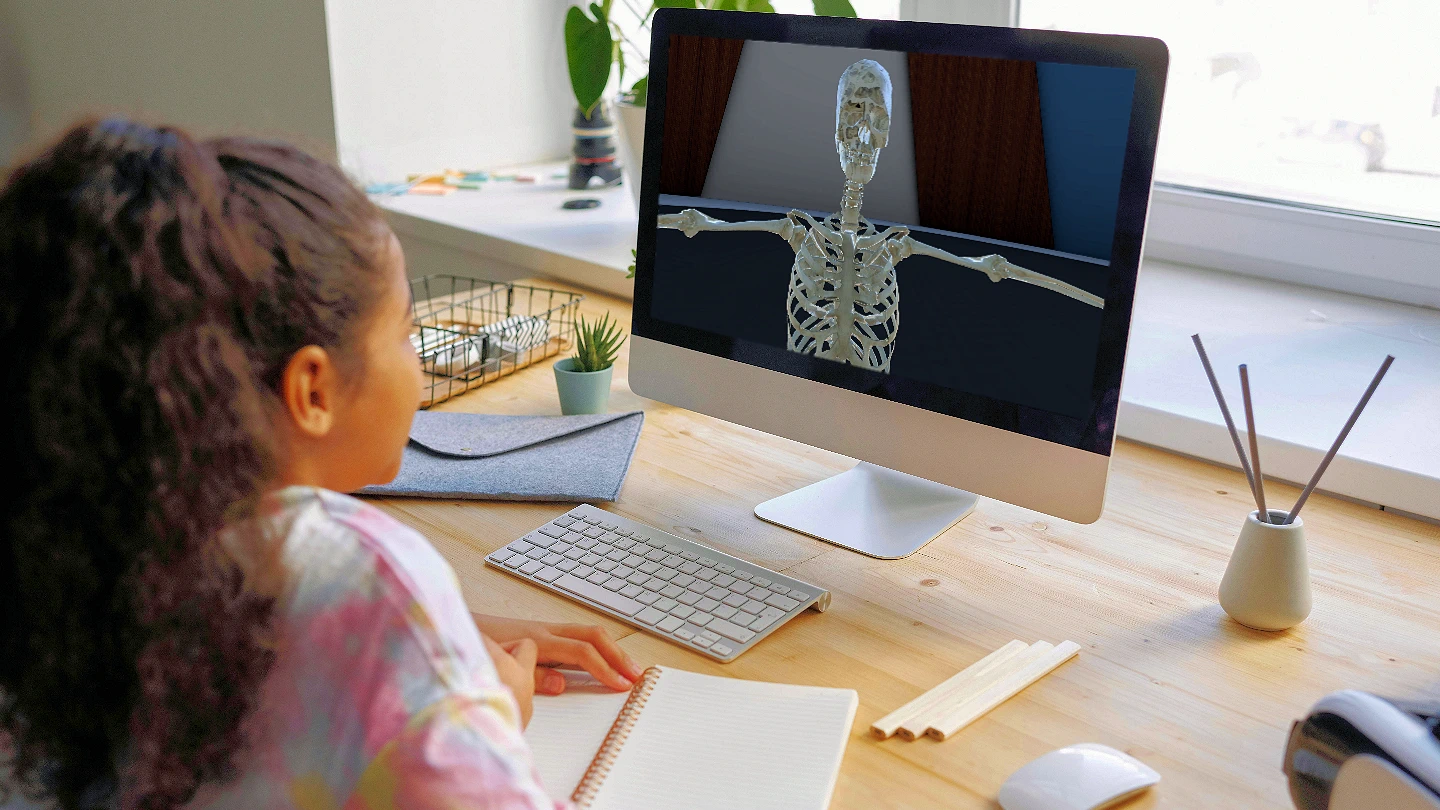We’re diving into a digital adventure, exploring the fascinating world of Virtual Reality (VR) and Augmented Reality (AR) in our schools and learning spaces. But wait! While we embark on this journey, there’s a crucial aspect we need to discuss – Data Privacy.
In our everyday digital adventures, we often share information about ourselves, knowingly or unknowingly. When we enter the realms of VR and AR, especially in our classrooms and online learning platforms, our data becomes a vital part of the experience.
Imagine creating a cool avatar of yourself in a virtual classroom or exploring ancient civilizations through AR glasses! Exciting, isn’t it? But have you ever wondered what happens to the information you share or create in these virtual worlds?
The ethical dilemma: A double-edged sword
Navigating the virtual world is like being a superhero – it comes with great power and responsibility! The ethical dilemma here is like a double-edged sword. On one side, VR/AR technologies offer us boundless opportunities to learn and explore. On the flip side, they raise questions about how our data is used, stored, and protected.
Data Sharing: When we create avatars or interact in a virtual world, we share data like our name, age, and sometimes even our location.
Data Usage: Have you ever wondered how your virtual learning platform knows what you want to learn next? That’s because it learns from the data you and others provide!
Data Storage: Our data is stored somewhere in the vast universe of the internet, but is it stored safely away from the prying eyes of cyber villains?
Why should we care about data privacy?
Understanding and caring about data privacy is like safeguarding a treasure chest. Ensuring that our personal information is used ethically and protectively is essential.
Protecting Identity: Keeping our personal information safe helps protect our digital identity from being misused.
Ensuring Safety: Ensuring that our data is used and stored safely protects us from potential cyber threats.
Preserving Trust: Knowing that our data is in safe hands helps us trust our virtual learning environments and explore them without worry!
Ethical use of data in VR/AR
- Transparency: Knowing how, where, and why our data is used is crucial.
- Control: Having control over what information we share and who we share it with.
- Security: Ensuring our data is shielded securely, like a knight protecting a castle.
Conclusion
Navigating through the enchanting worlds of VR and AR is undoubtedly an exciting journey, but always remember: safeguarding our digital footprints is paramount! Let’s be vigilant, ask questions, and ensure our virtual adventures are fun and safe. Together, let’s explore, learn, and protect our digital world!
FAQs
What is Data Privacy?
Data Privacy refers to how our personal information is handled, stored, and used digitally.
Why is Data Privacy important in VR/AR learning?
Protecting our digital identity and ensuring a safe and trustworthy learning environment is vital.
How can I ensure my data is safe using VR/AR platforms?
Always check the platform’s privacy policy and ensure you understand how your data will be used and protected.
What can I do if I’m unsure about sharing my data?
Speak to a trusted adult, teacher, or guardian and explore the platform’s privacy settings together.



